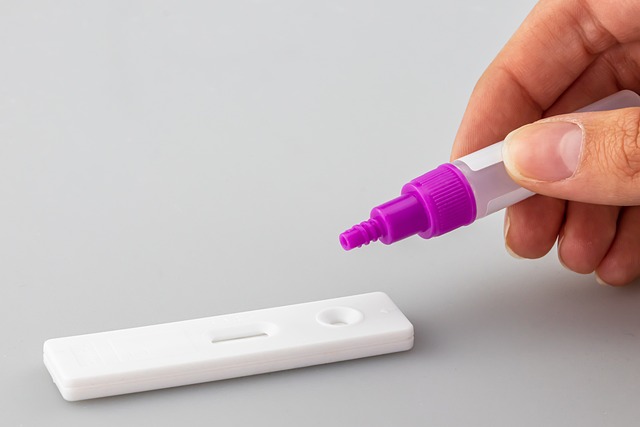Discover Sperm Donation
Sperm donation is a medical procedure where men voluntarily provide their sperm to help individuals or couples struggling with fertility issues conceive a child. This process plays a crucial role in assisted reproductive technology and has helped countless families achieve their dreams of parenthood while offering donors an opportunity to make a meaningful contribution to society.

How Sperm Donation Could Provide Additional Income
Sperm donation can serve as a source of supplemental income for eligible donors. Most sperm banks offer compensation ranging from $100 to $150 per accepted donation. Regular donors who meet all qualifying criteria can earn between $1,000 to $1,500 per month. However, acceptance rates are typically low, with only about 1% of applicants meeting all medical and genetic screening requirements.
Note: Compensation rates mentioned are estimates and may vary by location and facility. Independent research is advised before making financial decisions.
How Many Times Can You Donate Sperm
Sperm banks typically allow qualified donors to donate 2-3 times per week, with a minimum 48-hour abstinence period between donations. Most facilities limit donors to creating no more than 25-30 biological offspring to prevent potential genetic overlap in communities. The entire donation commitment usually spans 6-12 months to create an adequate specimen supply for multiple recipient families.
Is Sperm Donation Private?
Privacy is a fundamental aspect of sperm donation programs. Donors can choose between anonymous and identity-release programs:
-
Anonymous donation: Personal information remains completely confidential
-
Identity-release programs: Allow offspring to access donor information upon reaching adulthood (typically age 18)
Sperm banks maintain strict confidentiality protocols and are bound by medical privacy laws to protect donor information.
What Are the Requirements for Sperm Donors?
Potential donors must meet stringent criteria:
-
Age: Usually between 18-39 years
-
Physical health: Excellent overall health condition
-
Education: Most banks require some college education
-
Height: Typically 5’7” or taller
-
Medical history: No hereditary diseases
-
Lifestyle: No smoking or drug use
-
Commitment: Ability to donate regularly for 6-12 months
Understanding the Sperm Donation Process
The donation process involves multiple steps:
-
Initial application and screening
-
Physical examination
-
Genetic testing
-
Infectious disease screening
-
Sperm quality analysis
-
Psychological evaluation
-
Regular donations following acceptance
| Sperm Bank | Basic Compensation | Additional Benefits | Commitment Length |
|---|---|---|---|
| California Cryobank | $100-140/donation | Health screening, storage | 6-12 months |
| Fairfax Cryobank | $100-175/donation | Genetic testing included | 6-12 months |
| Seattle Sperm Bank | $70-100/donation | Medical insurance coverage | 6-9 months |
Prices, rates, or cost estimates mentioned in this article are based on the latest available information but may change over time. Independent research is advised before making financial decisions.
Conclusion
Sperm donation represents a significant commitment that requires careful consideration of medical, ethical, and personal factors. While it offers potential financial benefits, successful donors must meet rigorous health and genetic standards. The process provides a valuable service to those struggling with fertility while maintaining donor privacy through strict confidentiality measures.
This article is for informational purposes only and should not be considered medical advice. Please consult a qualified healthcare professional for personalized guidance and treatment.




